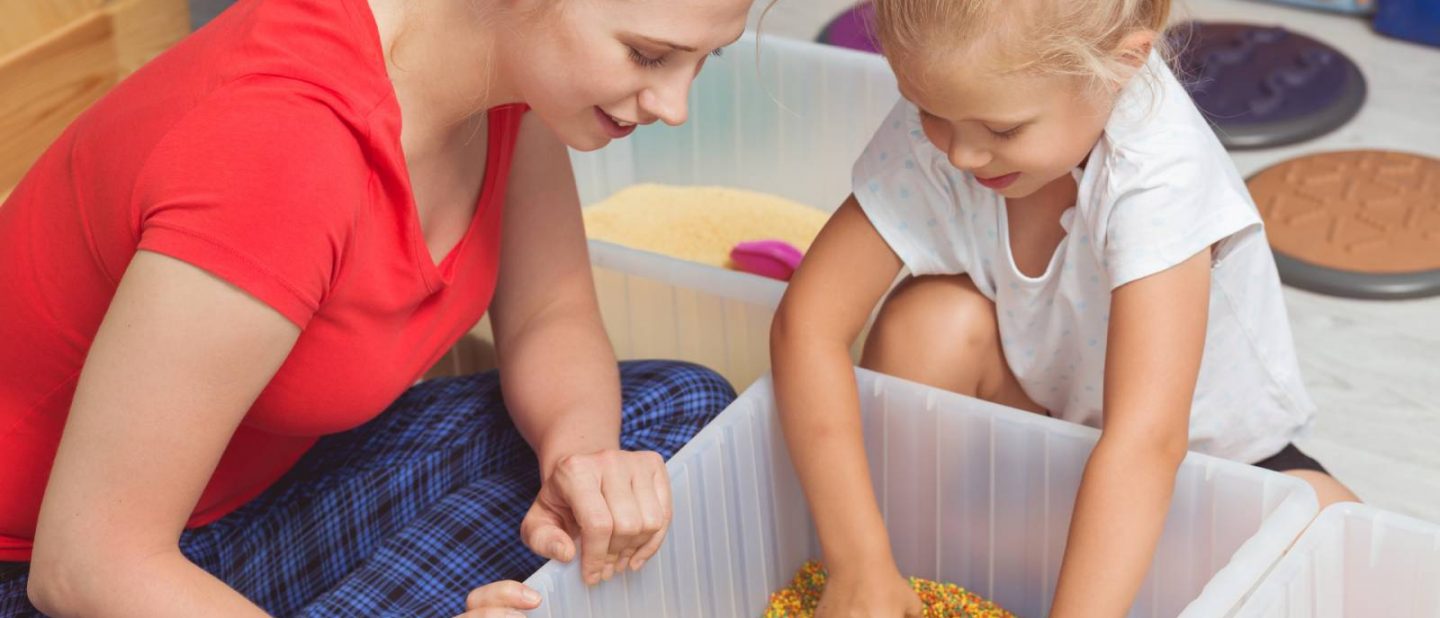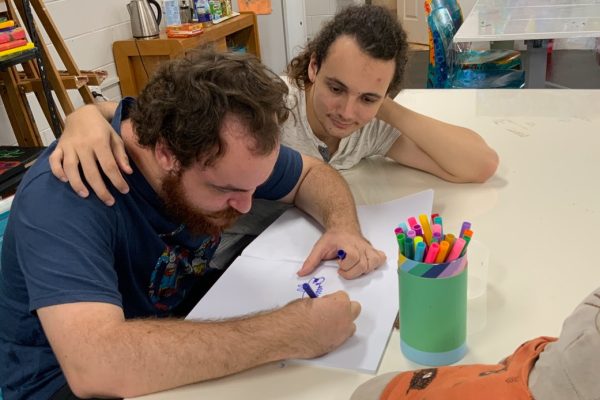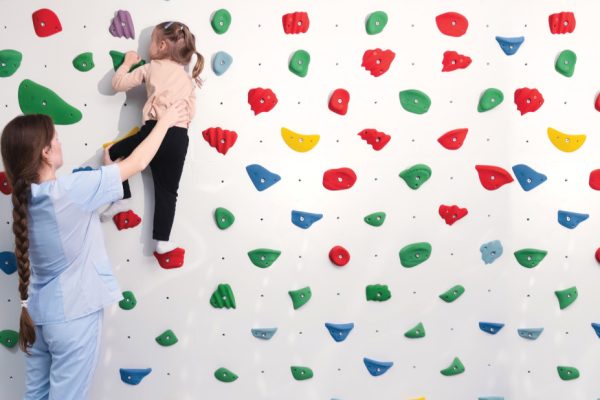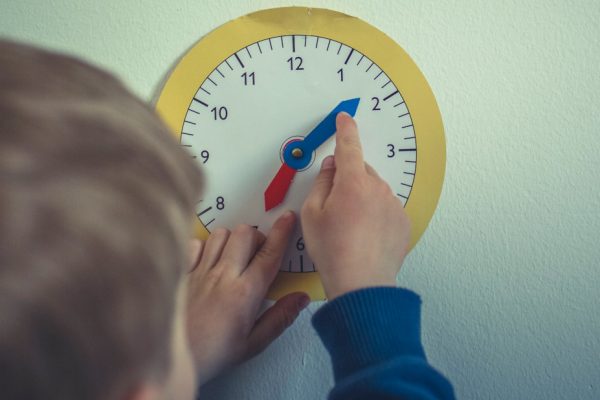
Sensory processing disorder: the ultimate guide
By Growing Early Minds
Can you imagine how it would feel if every sight, sound and touch were unbearably intense? Or if those senses were greatly diminished?
The sensory systems are vital for knowing what’s happening in our bodies and interacting with each other and our environment.
Many people take their senses for granted. But some children (and adults) have a disorder affecting the nervous system that impacts the normal processing of sensory information.
If you’re reading this guide, it’s likely you have a child with a sensory processing issue (or perhaps have sensory concerns yourself). If so, you’re not alone. Be assured that sensory disorders are relatively common, and help is available.
Let’s start by exploring sensory processing.
What is sensory processing?
Sensory processing is a term describing how we interpret (or ‘process’) information we receive through our senses. The ability to receive and organise this information is vital for healthy function of the mind and body.
There are eight sensory systems:
- Visual (sight) – received through our eyes, and interpreted as things like colour, brightness, shape and movement
- Auditory (hearing) – our ears receive sound waves and we process them as different frequencies and volumes
- Olfactory (smell) – the odours sensed through the nose
- Gustatory (taste) – such as sweet, savoury and salty
- Tactile (touch) – what we feel with our skin, such as whether things are rough, smooth, cold or hot
- Vestibular (balance) – the sense of where our heads and bodies are in space and control of eye movements
- Proprioceptive (joint position sense) – the sensation of joint and muscle movements and postural control
- Interoception (internal sensing) – the feelings inside our bodies, such as hunger, thirst, and butterflies in the stomach
Each sensory system sends information to the central nervous system (the spinal cord and brain), enabling us to function effectively and safely.
What is Sensory Processing Disorder?
Sensory processing disorder (SPD) is a condition affecting the brain’s ability to receive and respond to sensory information. This causes a misinterpretation of sensory input that leads to altered function.
Under normal circumstances, the nervous system smoothly receives and interprets signals from within the body and from the outside world. The nervous system uses this information to send out other signals. For example, if you receive a signal that you’re touching something extremely hot, it triggers a signal to remove your hand. These signals are important for learning, memory, behaviour, emotions, movement and coordination. A breakdown within the system affects your ability to function.
Signs and symptoms of sensory processing disorder in children
People with SPD fall into one of two categories:
- Hypersensitive (over-reactive): these people will be unusually sensitive to sensory input. For example, lights may seem unbearably bright, common sounds may be painful, or clothing labels cause extreme irritation on the skin.
- Hyposensitive (under-reactive): these people are less sensitive to sensory inputs. They may seem to have a high tolerance to temperature or pain or seek out sensory experiences. For example, they might repeatedly sniff their food, rub things against their skin, or perform certain movements.
If your child seems either excessively sensitive to sensory inputs, or seeks out sensory experiences, it could indicate they have sensory processing disorder.
Like most disorders, sensory processing disorder symptoms occur on a spectrum.
Other signs your child could have a sensory processing issue include:
- Lack of coordination or bumping into things
- Slow development of fine and/or gross motor skills
- Seeming lethargic or disinterested
- Having difficulty knowing where they are in space
- Strong emotional reactions to “normal” stimuli
- Difficulty regulating their emotions or behaviour
- Having “meltdowns” or temper tantrums
- Difficulty communicating or engaging in play
- Difficulty handling change
- Poor attention or concentration, being easily distracted
- Fussy eating or distress while feeding
- Seeking constant movement e.g. spinning, jumping, running
- Disliking/avoiding moving play equipment e.g. swings
- Difficulty following instructions at home or school
- Poor planning, sequencing or organisational skills
The symptoms of sensory processing disorder overlap with those of other disorders. For example, children with attention deficit hyperactivity disorder may display similar behaviours to children seeking sensory stimuli. Children with autism spectrum disorder (ASD) and other developmental conditions often have sensory processing difficulties.
To make sure your child gets the right diagnosis and support, it’s important they’re assessed by a qualified health professional.
How is sensory processing disorder diagnosed?
While many children have sensory issues sometimes, sensory processing disorder might be suspected when symptoms are affecting normal function or causing difficulties with everyday life.
An assessment will usually involve taking a history about your child’s development, such as how things went with pregnancy, birth and reaching developmental milestones like crawling, walking and talking. They’ll want to know when you first noticed your child’s issues and how they impact daily life.
The occupational therapist will also assess your child’s function. They might check how your child reacts to certain sensory stimuli or watch how your child plays and interacts with their surroundings. They may use assessments such as the Sensory Profile or the Sensory Processing Measure.
After the assessment, they’ll discuss their findings with you and suggest a management strategy.
Signs that could indicate it’s time to seek professional help for your child include:
- when behaviours are interrupting everyday life,
- if symptoms suddenly become worse, or
- when their reactions to sensory inputs are too hard to manage at home or school.
This guide is brought to you by Growing Early Minds. For more information on how they can support your child and family visit https://growingearlyminds.org.au/ or call 02 9622 8500








